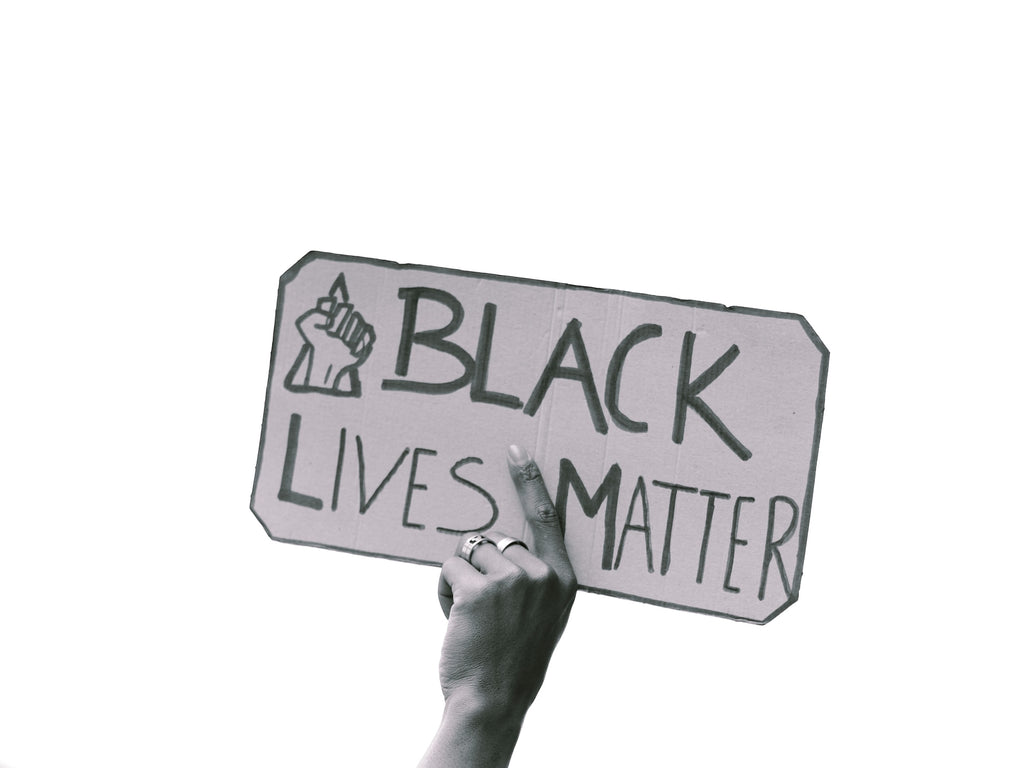10 Unhealthy Thoughts You Convince Yourself Are True as a Freelancer
If you work alone, you might be particularly susceptible to distorted thoughts that hurt your mental health.
Freelance life has its perks: flexible hours, no dress code and the freedom to work from home. But autonomy comes with its own set of difficulties including, in many cases, social isolation. When you spend the majority of your time working from the couch with no one to talk to about daily stressors (nitpicky clients are their own special kind of hell), it becomes easy to fall prey to distorted thinking — and feelings of anxiety. If you find yourself doubting your skills, constantly worrying about the future or ruminating on every little mistake, it’s time to look at these 10 cognitive distortions that could be warping your sense of reality.
1. All-or-nothing thinking:
You see yourself in black and white. You’re either perfect or you’re a failure and there’s no middle ground.
Your catchphrase:
“Oh look. More evidence that I’m a total failure.”
The honest truth? You’re a mix of good traits and bad traits; you have strengths and weaknesses. Don’t get caught up in believing that you’re a failure if you miss a deadline or lose a client. Inversely, try to avoid thinking that you’ll achieve perfection (and be perfectly happy) if you can just stick to your schedule, proofread every email twice and reach your goal earnings.
2. Overgeneralization:
You turn a single negative event into evidence of a pattern of defeat.
Your catchphrase: “She always gets assignments over me.”
Crappy things happen. You might lose an assignment to a competitor or have an unprofitable month — but that doesn’t mean you will always be second choice or always be short on cash. Every day is a new day. Sometimes you’ll snag the job (and the pay) and sometimes you won’t.
3. Mental filter:
You exclusively dwell on one negative aspect of a situation and perceive the entire situation as negative.
Your catchphrase: “I wasted my time.”
Perhaps a client was rude to you, which leads you to believe that everyone you work with is out to get you. Or maybe after completing a contract, you focus on the one mistake you made and forget the unique skills and insight you brought to the job. If you tend to see the downside to every situation and let it overwhelm you, it’s time to take off those poo-coloured glasses. No situation is all bad or all good — just like you are not all bad or all good.
4. Disqualifying the positive:
You discount positive experiences or compliments that people give you, assuming they don’t count for anything.
Your catchphrase: “It was no big deal.”
Do you dismiss praise when you receive it, saying to yourself, “they’re just being nice”? Do you shrug off evidence of your own hard work as “all part of the job”? If you can’t enjoy the good parts of freelance life like an increase in pay, a thank-you email or the completion of an assignment — and accept that they’re not just flukes or one-time events — it’s going to be a lot harder to handle the struggles.
5. Mind reading:
You conclude that someone feels negatively towards you without sufficient evidence.
Your catchphrase: “He didn’t respond today so he’s annoyed at me.”
It’s easy to read into slow response time and curt email phrasing or punctuation, but they’re not indicators that someone is angry at you, hates your work or doesn’t think you deserve the rate you’ve quoted. People are busy and often unaware of how they come across in written form, and chances are pretty good that you’re reading too much into the situation.
6. Catastrophizing:
You blow the importance of certain actions and events out of proportion.
Your catchphrase: “I’ll never get another assignment again.”
For most freelancers, there are busy weeks and quiet weeks. You might be run ragged in January and twiddling your thumbs for most of February. That’s just the way it goes. One slow month isn’t a sign that you’ll never work again, just like one good month doesn’t mean that you’re set for life. Try to ride the waves.
7. Emotional reasoning:
You use your emotions as evidence of the truth.
Your catchphrase: “I feel overwhelmed, so my problems must be impossible to solve.”
Throughout your freelance career, you’re probably going to feel a lot of negative emotions like anger, fear, anxiety, sadness, and guilt. But just because you feel angry, doesn’t mean someone wronged you. Just because you feel guilty, doesn’t mean you did something bad. Try not to let your emotions affect your decisions. You might feel anxious when you think about doing your taxes. Does that mean you shouldn’t do your taxes or that doing taxes is impossibly difficult? Of course not!
8. Should statements:
You motivate yourself with should statements, then feel guilt for the things you “should” be doing.
Your catchphrase: “I should work harder.”
Constantly using should and shouldn’t statements to convince yourself to complete a task or behave a certain way will almost always lead to feelings of pressure and resentment — and will rarely help you stick to your goals. You’re more likely to feel unmotivated instead.
9. Labeling:
An extreme version of overgeneralization, you give yourself or others derogatory labels based on single events or mistakes.
Your catchphrase: “I’m a loser.”
Listen to the way you talk to yourself. Do you frequently find yourself using words like loser, failure or bitch? Maybe you lost an account, made a mistake or said something rude. That doesn’t mean you should call yourself names. Labeling yourself with a single good or bad descriptor discounts the multitudes you contain. Don’t put yourself (or anyone else) in a box.
10. Personalization:
You assume responsibility for the actions of someone else, or blame yourself for a situation that is not solely your fault.
Your catchphrase: “It’s all my fault.”
Consider this: You recommend a friend for some work and she does a shoddy job and burns a bridge. You could spend weeks berating yourself for giving her a shot, worry that you’ve also burned a bridge or feel terribly because you should have prepared her better — or you can accept that whomever hired her could have made sure she was capable. Plus, your friend could have put in more effort and asked for help if she needed it. Learn the lesson and move on.
Even if you find yourself falling into these negative patterns of thinking, all is not lost! You can combat the worst ideas that you have about yourself and your work by noticing when you feel sad or anxious and writing down the thought or thoughts that have triggered these feelings — say, “I have no work right now which means I’ll never get work again and then I won’t be able to pay my bills and I’ll end up living on the street.” Label the thought (e.g. catastrophizing) and then look for evidence to counteract it. If you look hard enough, you will always, always find the proof you need.
This post is tagged as:
You may also like...
The Latest
People & Places
How Ara Katz is Redefining “Self-Care” as Rooted in Science with Seed
The co-founder, mother, and self-proclaimed serial entrepreneur unpacks her philosophy on what it means to be well. Ara Katz hates the word “success”. Not because of its listed definition in a di...

Do Good Werk
9 Passive-Aggressive Email Phrases That Are Basically Evil
A Rosetta Stone for every time you want to :’).

Woo Woo
Get to Know Your Astrological Birth Chart
How to find meaning in the stars — and what it means for you.

People & Places
The 5 Best Places In New York To Meet Your Next Investor
Where to rub shoulders with the city's movers and shakers.

People & Places
Creating a Conference-Meets-Summer-Camp for Adult Creatives
An interview with Likeminds founders Rachael Yaeger and Zach Pollakoff This past September, I sat in front of an obituary I wrote for myself after a session with a death doula. No, I didn’t know w...

People & Places
When Something Golde Stays: An Interview with Golde’s Co-CEOs
“For us it was never a question,” says Issey Kobori, speaking of the decision to build a business with his partner Trinity Mouzon Wofford. At just shy of 27, Kobori and Wofford have secured a host ...

Better Yourself
Are They Toxic? Or Are They Human?
There’s a difference between putting up boundaries and putting up walls, and the latter is what breaks relationships.

Do Good Werk
How To Combat Seasonal Affective Disorder At Work
Here’s what to do if seasonal affective disorder starts to take a toll at the office.

People & Places
Reclaiming Womxn's Wellness Spaces from a White-Dominated World
How The Villij built a collective that their community can connect to.

Better Your Werk
Goal Setting You Can Actually Feel Good About
A how-to guide on how to find the satisfaction you're searching for.








